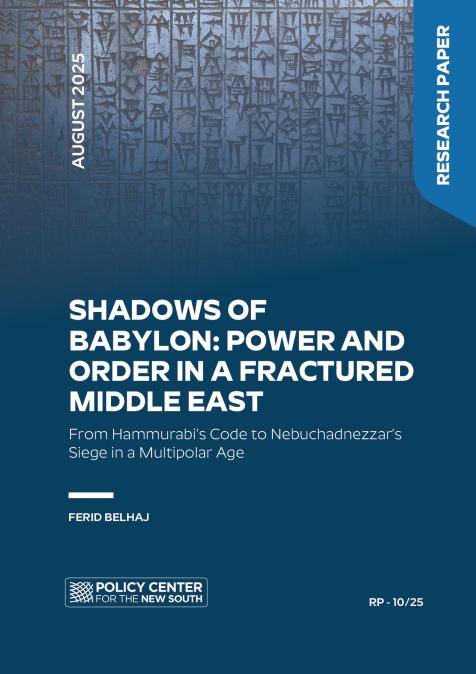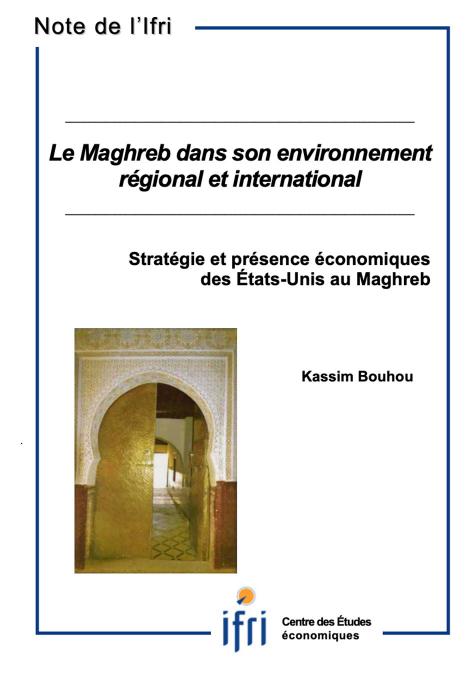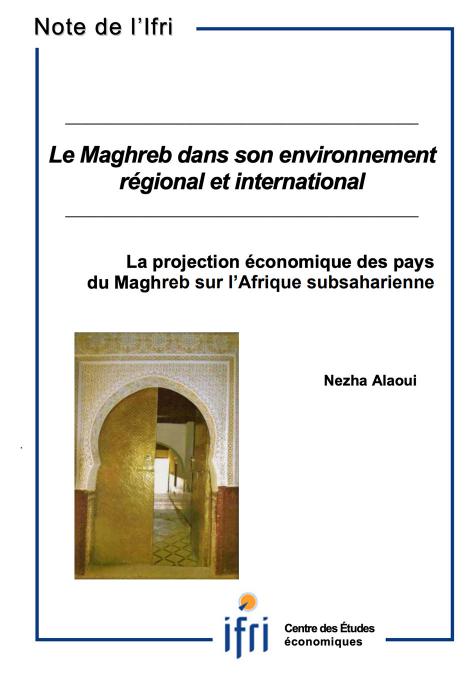Publications /
Research Paper
This paper argues that the Middle East has become the crucible of twenty-first-century imperial politics, exposing the collapse of legal universality and the resurgence of coercive empire. Through the archetypes of Hammurabi and Nebuchadnezzar, it analyzes how states invoke law rhetorically while practicing domination through siege, spectacle, and exclusion.
The United States, China, Türkiye, Israel, Iran, the European Union, and the Gulf monarchies all oscillate between Hammurabian appeals to codified order and Nebuchadnezzarian practices of coercion whether via sanctions, drone warfare, proxy militias, or monumental projects such as Saudi Arabia’s NEOM megaproject and China’s Belt and Road Initiative (BRI). International law, once imagined as a universal constraint on force, has been hollowed out by selective enforcement and strategic exceptions: robust legal responses to Ukraine versus their systematic dismissal regarding Palestine; International Criminal Court (ICC) warrants embraced for Africa but rejected when applied to Israel.
Financial chokepoints, technological standards, and artificial intelligence infrastructures now function as modern Babylonian walls, enforcing hierarchy under the guise of universality. The Abraham Accords, Gaza’s devastation, Saudi–Iran rapprochement, and China’s expanding Gulf footprint illustrate how imperial bargains are struck: transactional, contingent, and often indifferent to legality.
The Middle East is not an outlier but a laboratory of empire in a multipolar world where alliances are transactional, sovereignty is perforated, and legitimacy is fleeting. The conclusion is realist: Hammurabi’s dream of universality has fractured; Nebuchadnezzar’s logic of coercion dominates. The region foreshadows a global order in which law is rhetorical, coercion systemic, and empire endlessly reinvented.




